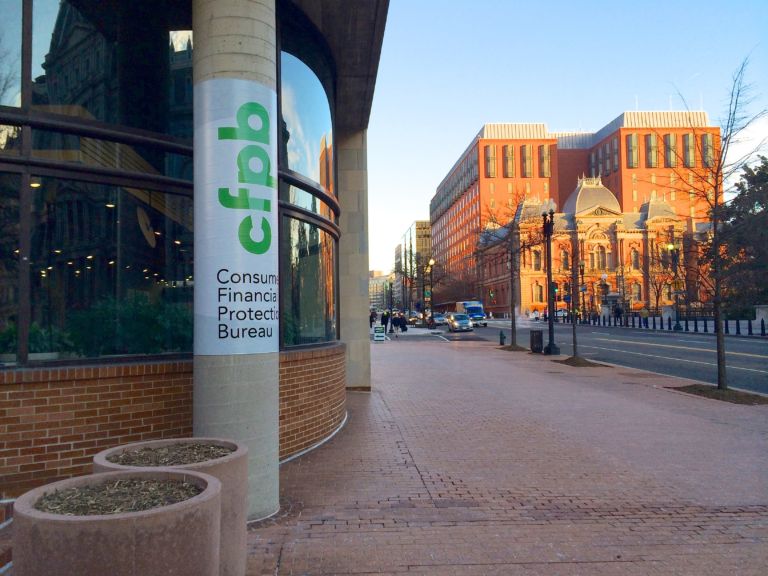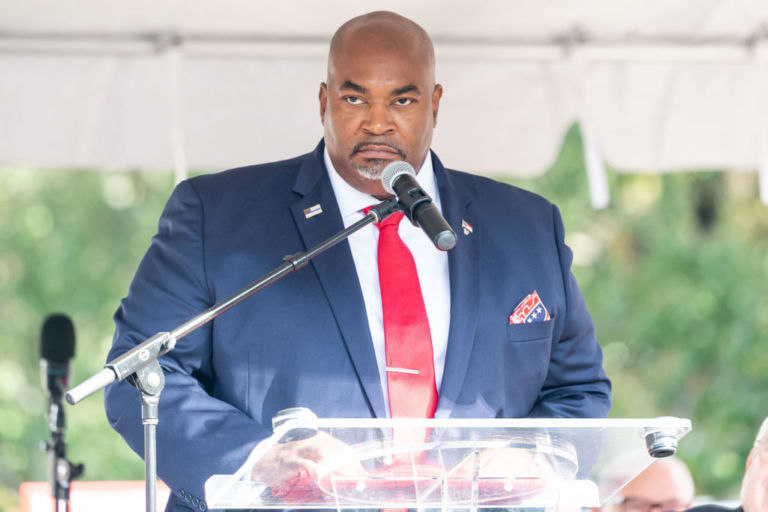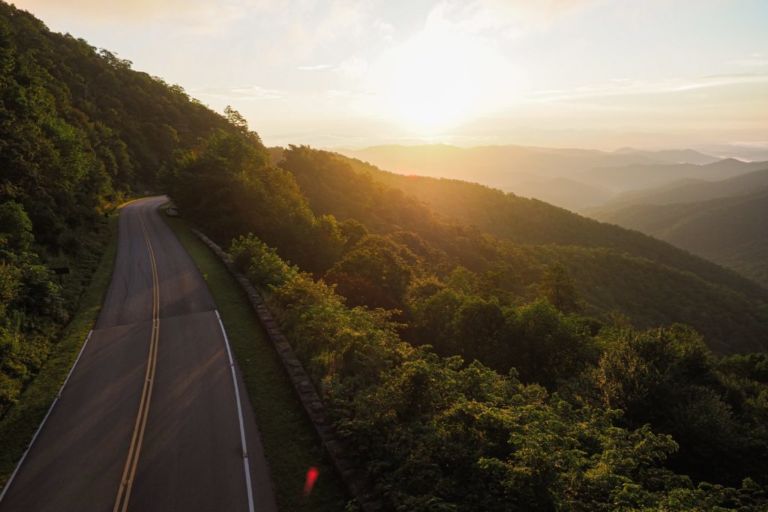Margot Cleveland of the Federalist highlights an important ruling from the nation’s highest court.
On Friday, for the fifth time the U.S. Supreme Court slapped down a Ninth Circuit Court of Appeals decision upholding anti-religious COVID restrictions established by California’s embattled Gov. Gavin Newsom. The court’s unsigned order in Tandon v. Newsom represents much more than a victory for the plaintiffs who sought to host Bible studies in their homes on equal footing with analogous commercial activities: It signifies the reemergence of religious liberty as a valued jurisprudential principle to the Supreme Court.
In the Tandon case, Pastor Jeremy Wong and Karen Busch challenged restrictions the California Department of Public Health placed on Bible studies and prayer meetings held at worshipers’ homes as part of the Golden State’s so-called “Blueprint for a Safer Economy.” …
… Because these California regulations barred Wong and Busch from continuing to host Bible study and prayer meetings at their homes, as they had done for years, while allowing outside gatherings and analogous indoor events at commercial businesses with substantially more patrons in attendance, they sued the state for violating their First Amendment rights to free exercise of religion. …
… In a short four-page order the Supreme Court issued on Friday, a majority of the justices, consisting of Samuel Alito, Amy Coney Barrett, Neil Gorsuch, Brett Kavanaugh, and Clarence Thomas, agreed with Bumatay that an emergency injunction should issue. Chief Justice John Roberts indicated he would deny the application but did not write separately, while the three leftist justices dissented from the issuance of the emergency injunction.
In issuing the emergency injunction pending appeal, the Supreme Court majority stressed that “this is the fifth time the Court has summarily rejected the Ninth Circuit’s analysis of California’s COVID restrictions on religious exercise.” The court then added that “it is unsurprising that such litigants are entitled to relief,” given that “California’s Blueprint System contains myriad exceptions and accommodations for comparable activities, thus requiring the application of strict scrutiny.”


